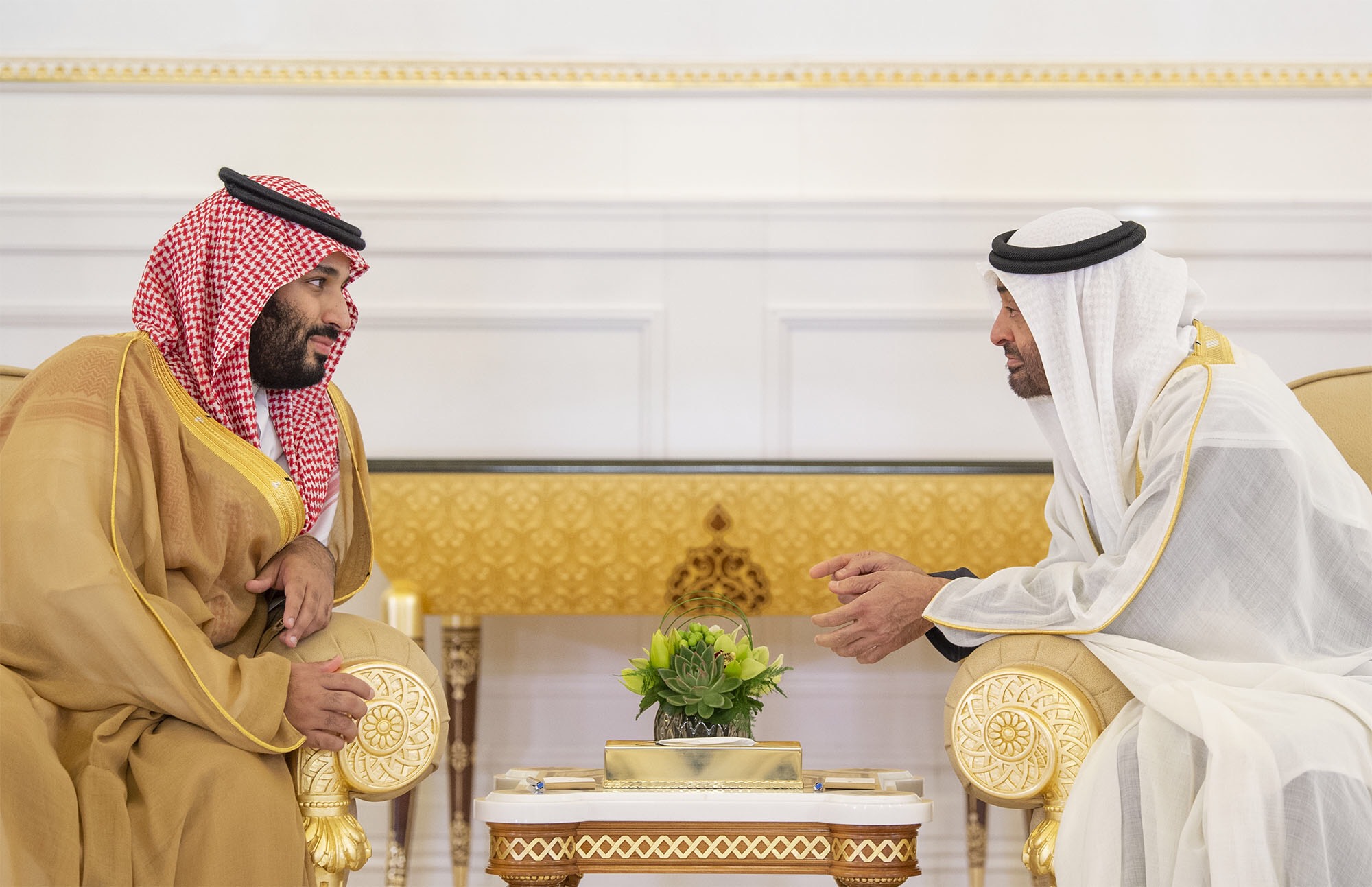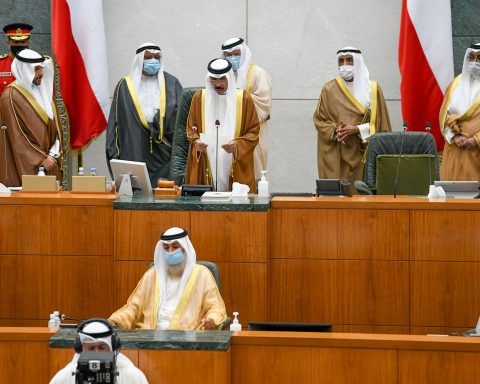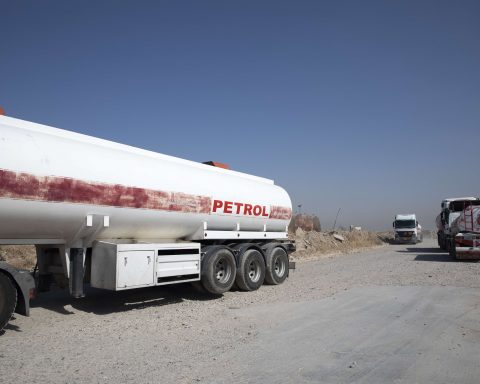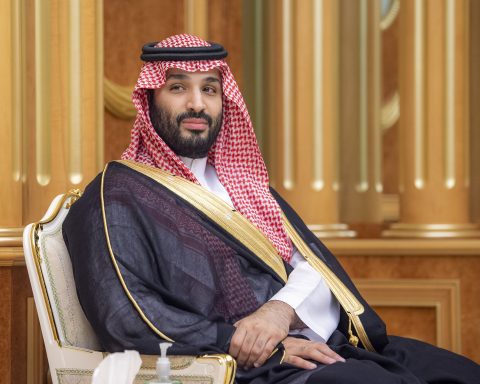Last week’s couple of events indicated that the tension or rift between Saudi Arabia and the United Arab Emirates (UAE), two close Gulf allies, has deepened. On July 1, the UAE blocked a deal by the Organization of Petroleum Exporting Countries, known as OPEC+, to relax oil restrictions. According to this plan, oil output will increase by 400,000 barrels per day each month from August through December. It would also have prolonged the term of the wider OPEC+ agreement, making the final expiry of the cuts in December 2022 rather than April 2022.
This agreement was also supported by the leading producers Russia and Saudi Arabia, seen as the de facto leaders of OPEC. However, the deal was rejected by the UAE, which has demanded that it re-adjust its production and baseline limits and urged that it would reject the deal until the baseline for its own reduction is modified. To make a lower cut, the UAE asked to increase its baseline for maximum production capacity from 3.2 to 3.8 million barrels per day. For this reason, the negotiations failed, and the group called off a meeting scheduled for July 5. This rigid position of the UAE is seen as a part of its ambitious oil and policy strategy challenging Saudi Arabia’s dominant position.
This tension within OPEC+ has brought about anxieties, triggering the rise in oil prices. On Tuesday, Brent oil rose to $77.84 a barrel, the highest level since 2018, while West Texas Intermediate hit $76.98, the highest level since 2014. As White House Press Secretary Jen Psaki said, the Biden administration also contacted officials in the Kingdom and the UAE to support an agreement to overcome the deadlock.
Following this tension, the Saudi Ministry of Interior stated, on July 3, that travel to and from the UAE, Ethiopia, and Vietnam is prohibited without prior authorization, due to worries about the spread of more infectious COVID-19 variants. This move is also seen by many as a political decision targeting the UAE.
On July 5, Saudi Arabia announced that it has re-regulated its rules on imports from Gulf Cooperation Council countries so as to exclude goods made in free zones or wielding Israeli inputs from preferential tariff concessions. Free zones contribute a great extent to the revenues of the UAE, especially of Dubai. Also, goods containing a component built or produced in Israel or manufactured by enterprises controlled entirely or substantially by Israeli investors, or by companies named in the Arab boycott agreement against Israel would be excluded. Therefore, this latest move is seen as a direct challenge of the Kingdom to the UAE due to the dominance of free zones in the latter and its growing economic relations with Israel as a continuation of the normalization deal.
In terms of economic and business competition between the Gulf states, last week, Saudi Arabia announced that it would establish a second national airline as a part of a bigger attempt to locate the Kingdom as a global logistics hub in accordance with the economic diversification strategy of Saudi Arabia. Saudi Arabian Airlines (Saudia) is the current flag bearer of the Kingdom and the country has one of the smallest airline networks in the area in relation to its size. Therefore, this last initiative aims to put the Kingdom in direct competition with its small neighbors. Qatar and the United Arab Emirates are two Gulf States that are known as supercarriers due to the capacity of their national airlines.
Consequently, all these indicate that economic competition between the oil-rich Gulf States is growing amidst aggressive economic diversification attempts to prepare for the post-oil era. This is even true for two closely politically allied Saudi Arabia and the UAE that have pursued very coordinated foreign policies in the last ten years. However, the latest developments prove the eroding nature of the alliance and deepening rifts between them.














